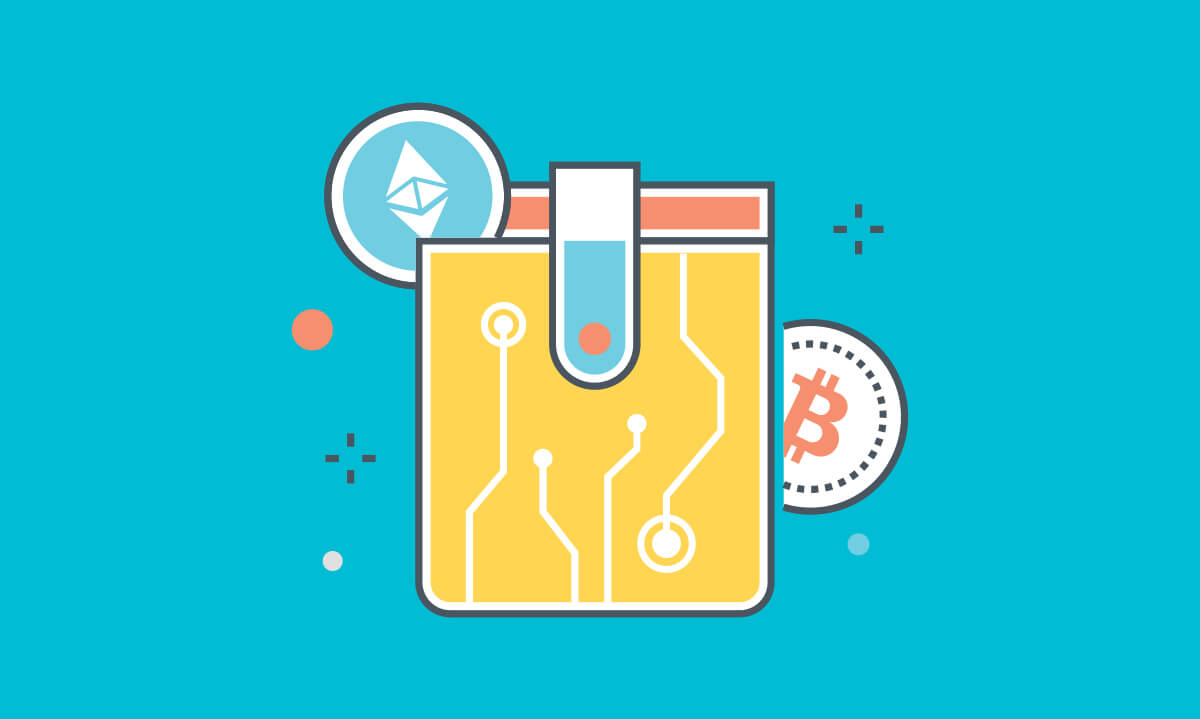What Is Blockchain Used For?
With the advent of blockchain many useful applications which had previously been deemed impracticable, are now brought to the forefront and are being developed at break-neck speeds. In the previous post we went over a simplified version of how a blockchain works. Now that we have a grasp of how blockchains function we can start getting into actual use cases. Let’s go over several current implementations of blockchain technology, namely Bitcoin and Ethereum.
Cryptocurrency
Cryptocurrency is the moniker given to tokenized assets that are implemented using blockchain technology. This can refer to digital money such as Bitcoin or Litecoin but it can also refer to tokenized assets such as distributed storage solutions. Think Dropbox meets Bittorrent. Tokenized assets are implementations of blockchain technology that do not perform the function of a currency; there are many of these projects currently being developed, such as Golem or Storj, that fit this structure. The name "cryptocurrency" can be a bit misleading due to the fact that not all cryptocurrencies are an implementation of monetary applications. Yet most people still refer to cryptographic assets as cryptocurrencies. While it may not be important which term is used, it is important to understand the difference between the two. Now we have covered the semantics, let’s get into the meat and potatoes. Why does blockchain provide such a solid foundation for a cryptocurrency implementation? Well, there are several ideas worth discussing.
-
Decentralization
Decentralization makes it so no one party can control the entire network and gives each participant on the network an exact copy of the blockchain. Each time a transaction is processed, all copies of the blockchain are updated. This keeps all copies of the blockchain up to date and adds built-in redundancy. This attribute is intended to prevent centralization and make the system censorship-resistant. By spreading the data across so many hosts, it makes it extremely difficult to compromise the network. -
Security
By utilizing industry standard encryption algorithms, we can say with a high degree of confidence that a properly implemented solution will be quite secure. Cryptographic assets use asymmetric encryption, which is also known as public/private key encryption. When the data is encrypted, a public key and a private key are generated. Without getting to far into the details of this encryption scheme, let’s just say it is very advantageous when compared to traditional online banking. Because the keys are separated, an individual that wishes to receive a payment is only required to divulge their public key. The public key contains the address to where the payment should be sent; because of this separation of duties the private key is never exposed. The private key is the password that unlocks a wallet and allows assets to be transferred. If an individual wanted to make an online payment using a credit or debit card, that individual would be required to broadcast his or her credit/debit card number and other associated data points. By offering up this information, the individual is exposing everything an attacker would need to compromise the account. -
Transparency
This transparency lets anyone explore and audit not only the source code but also the blockchain using a piece of software called a block explorer. This allows anyone to view individual transactions, view balances of specific addresses and much more. Allowing participants to take part in this process encourages involvement and an understanding of the system, which in turn leads to consumer confidence.
Blockchain In Action
Let’s get out of the theoretical talk and move into the practical implementations of these technologies. Bitcoin is the most well known and most widely used cryptocurrency. It is the original, the flag bearer. It is slow to change (relatively) and it is conservative, at least when compared to other projects. All of these attributes make Bitcoin what it is. But it is more than the amalgamation of these attributes; it is the start of a revolution. Bitcoin proved that blockchain is a functioning and useful technology that will stand the test of time. Bitcoin enables individuals across the globe to transact in an efficient and near frictionless environment. Bitcoin was designed from the ground up to be a disruptive technology. It is a more effective and efficient mode of transacting. It beats the current system on multiple fronts- it’s faster, it’s cheaper and most importantly, unlike traditional financial institutions, it is not corruptible. Some will argue that Bitcoin does not actually fulfill all of these goals and at this time that may be a true statement. But this is not an indictment of the underlying technology; it is simply growing pains for a complex and ambitious technology. Over time these kinks will be worked out and new projects will appear. Think back to the late 90’s when the Internet was first getting started. No one could have comprehended the idea of social media or the sprawl that tech giants like Facebook and Google have. Blockchain and the crypto assets associated with it will follow a similar pattern. Ten years from now blockchains will be solving problems that we didn’t even know existed.
Enter Ethereum
Bitcoin is essentially a digital currency implemented using a blockchain. This is a tangible use-case and something that nearly all people can understand. Bitcoin is just one implementation of blockchain. Ethereum takes a bit of a different approach. Instead of being locked into one use-case (i.e. a currency), Ethereum offers a platform. In its most basic form, Ethereum is a programming language built on top of blockchain technology. This allows individuals to construct smart contracts. Smart contracts are a way of setting an agreement that will execute a specified chunk of code when a predetermined condition is met. Smart contracts can be as simple or as complicated as a developer wants and they are a very powerful tool that will enable unknown functionalities. Ethereum allows individuals to create new crypto assets by utilizing the Ethereum platform. The platform provides the tools required for developing and instantiating any ideas a developer may have. Projects that are created using the Ethereum platform are referred to as ERC20 tokens (ERC20 is the token standard for Ethereum based smart contracts). For the most part, Ethereum has been used for initial coin offerings (ICO's) and crowdsales. While this is a very useful function, Ethereum is capable of much more. Decentralized Applications are another potential use case for Ethereum. While as of now there have not been many Dapps, Crypto Kitties is probably the most well known Dapp on Ethereum. Simply put, it is a platform where individuals can exchange Ethereum for unique and rare digital kittens.
While people may disagree with how different projects are managed or what goals they choose to pursue. The beauty of blockchain and crypto assets is that anyone can start their own project and pursue the goals they themselves deem important. By creating the tools and laying a solid foundation, we are setting ourselves up for a bright future full of innovation. We are living in a time were information is king and technology is power, these tools will help set the stage for an abundant future and will help us realize dreams that were previously not possible. Now that we have a rudimentary grasp on what a blockchain is and how it is used to create cryptocurrencies, it’s time to get our feet wet. The next installment will cover five simple steps anyone can use to get involved in the community and purchase your first crypto.
Share this postInstall Tenta Browser Free!
Start protecting your online privacy today with Tenta Browser.



